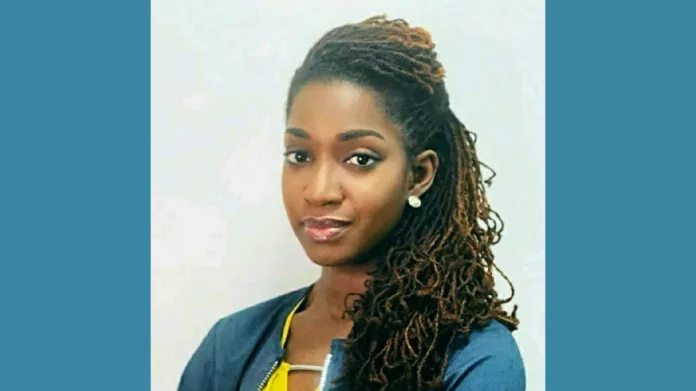“For couples that are under the age of 35 … wait the year; as long as you don’t have other issues onboard that you know about, give yourself the year,” Obstetrician and Gynecologist, Dr Cherie Tulloch advised couples who are experiencing infertility issues.
Dr Tulloch’s advice was offered as the world observes Infertility Awareness Week — from April 23 to 29 – which seeks to highlight the challenges, raise awareness, and shed light on the non-existent support structures for persons dealing with infertility.
In a hypothetical example used by Dr Tulloch during an interview on Observer AM yesterday, she explained that in about 10 percent of cases [clinicians] are not sure what’s the cause of infertility. However, 30 percent of cases, the reason resides with the woman; 30 with the man, while for the other 30 percent, both male and female are the cause.
She added that some of the contributing factors to infertility include smoking marijuana or tobacco, alcohol consumption, caffeine intake, and lack of exercise.
Dr Tulloch went on to present gender-specific fertility problems. For females, she said, “ovulatory dysfunction, meaning that under normal circumstances … an egg is released and waits on a sperm. If a woman is not releasing that egg in a predictable way every month, or it’s only happening two or three times a year, then you have less opportunities to get pregnant”.
Polycystic ovarian syndrome, hormonal abnormalities, thyroid abnormalities, and endometriosis were other reasons listed by the doctor.
Regarding men, she said that “sometimes it can be hormonal; sometimes it can be things like retrograde ejaculation, where the sperm is not going in the right direction during ejaculation … men who have a history of either having any injury to the testicles, or who have had certain conditions like mumps.”
Dr Tulloch also commented that sexually transmitted infections can affect men’s ability to get someone pregnant. For both genders, she reminded that challenges with fertility can be acquired as time goes by, even after the couple would have had children.
She also offered some advice to couples who are trying to have children.
“We encourage them to do timed intercourse, meaning, intercourse around the time of ovulation … which is roughly around … 10 days, two weeks after the period had started.”
Dr Tulloch is an Obstetrician and Gynecologist at Sir Lester Bird Medical Center and Lead of the Taskforce for the Elimination of Cervical Cancer in Antigua and Barbuda. She’s also a team member at Mansoor Medical.

